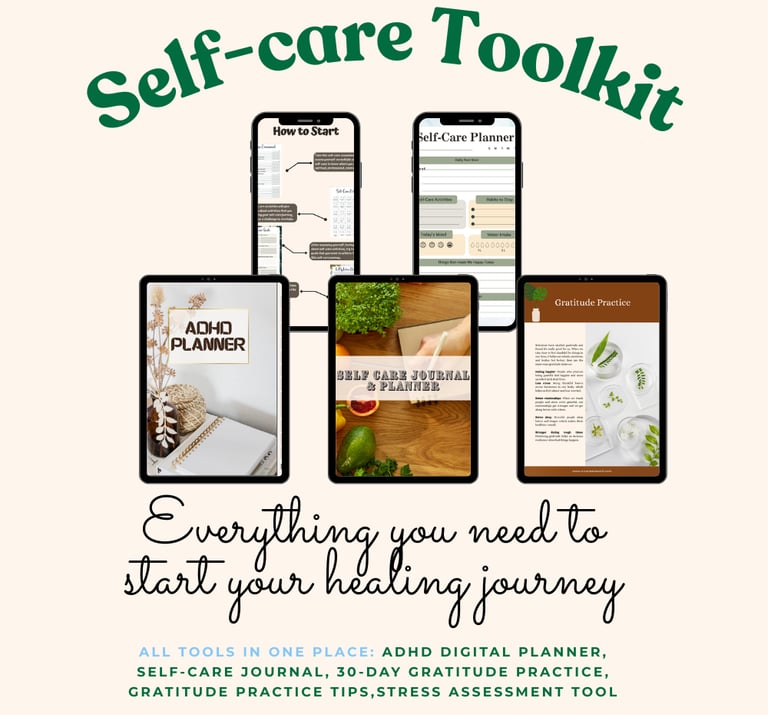Sleep: Why are you so tired and how to fix it
SLEEP
By Ms. Sovannara Moch
10/26/20255 min read


Ever feel tired, irritable, or just plain sluggish during the day? It's a common feeling, but it's not something you just have to live with. The secret to feeling your best might be simpler than you think: getting better sleep. Sleep is a pillar of good health that affects everything from your mood and grades to how well you play your favorite sport. Below are some practical steps that you can take to support the quality of your sleep.
1. Sleep is Your Secret Superpower
Why Sleep is a Big Deal
Getting enough quality sleep is one of the most important things you can do for your health. It’s when your body and mind get to restore and renew themselves. Here’s why it’s a game-changer:
How much you need: Most adults need 7-9 hours of sleep each night to function at their best.
Short-term problems: Not getting enough sleep can make you feel tired and irritable. It can also slow down your reaction time and make it harder to remember things you just learned.
A serious comparison: Driving after a night with no sleep can be just as dangerous as driving intoxicated. That's how much sleep affects your brain's performance.
Long-term risks: Here’s a wild fact that shows just how critical this is: research shows that consistently sleeping less than 6 to 8 hours a night increases the risk of early death by approximately 12%.
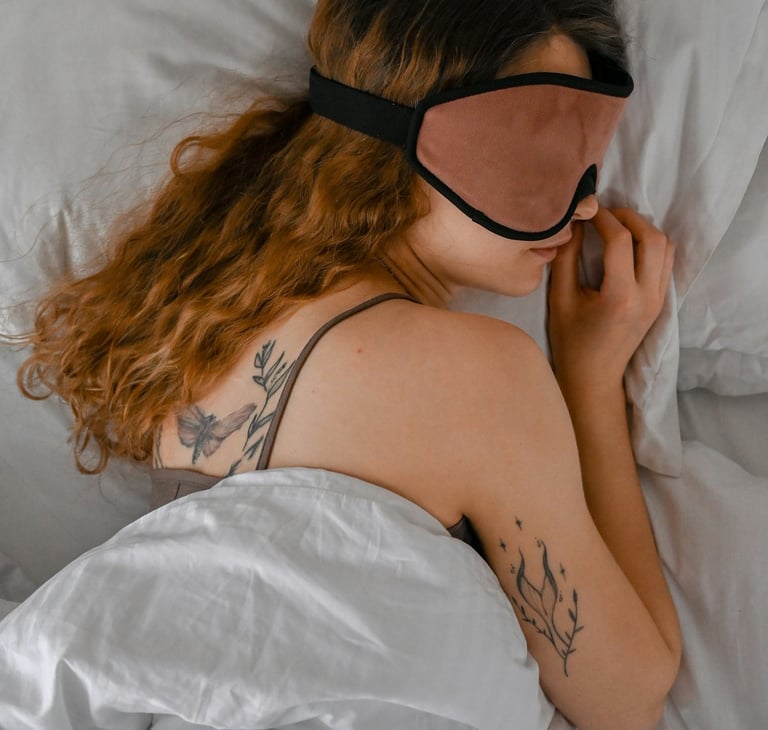



2. Your Body's Internal Clocks
Your body has amazing built-in clocks that help it run on a schedule. Understanding them is the first step to working withyour body, not against it.
Circadian Rhythms: Think of this as your body's main 24-hour internal clock. It’s what tells you to feel sleepy at night when it's dark and to be awake and alert during the day when it's light.
Ultradian Rhythms: These are shorter cycles, lasting about 80 to 120 minutes, that happen all day long. They are so effective they can refresh you like mini-naps would—while you’re awake! They signal that you might need a short break to recharge before you get back to what you were doing.
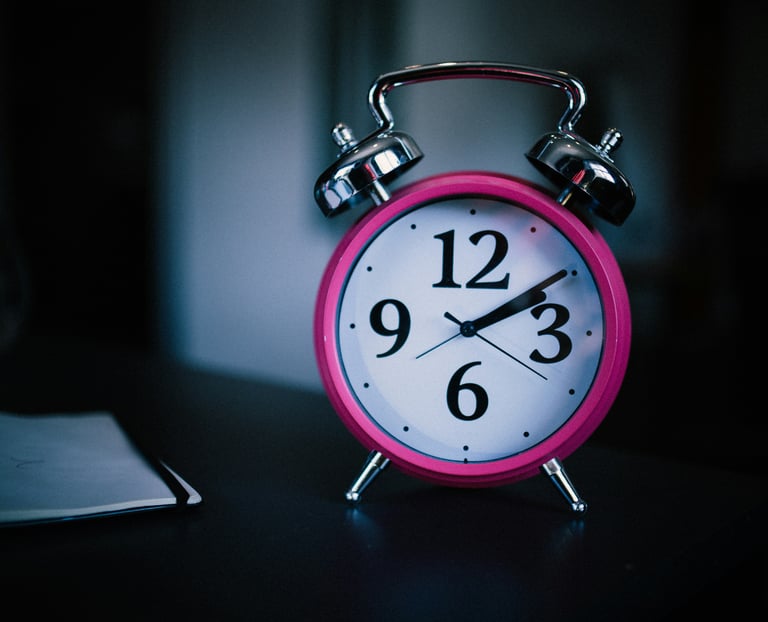

3. Your Game Plan for Better Sleep
Ready to make a change? Here is an actionable plan you can use throughout your day to set yourself up for a great night's sleep.
A. Morning Moves
Be Consistent: Try to wake up around the same time every morning, even on weekends. This helps keep your main 24-hour clock (your circadian rhythm) on a steady schedule.
Get Some Sun: Getting some sunlight exposure early in the day helps your brain produce melatonin (the sleep hormone) at the right time in the evening, making it easier to fall asleep later.
Set a Positive Vibe: Take a moment in the morning to think about your goals or set a positive intention for the day. Feeling purposeful and energized during the day can help you avoid feeling restless when it's time for bed.
B. Afternoon Recharge
Take Smart Breaks: This is called "waking rest." If you've been studying or doing a lot of mental work, recharge with something physical. A short walk outside can do wonders to refresh your mind.
Listen to Your Body: Pay attention to your body’s signals. If you feel tired, hungry, or irritable, it's a sign that you need a break. Step away, get a drink of water, or just stretch for a few minutes.
The Caffeine Curfew: Stop drinking caffeinated drinks after lunch. Caffeine is a stimulant—a substance that makes your brain and body more alert by blocking the chemicals that make you feel sleepy. It's found in coffee, some teas, chocolate, colas, and even some medications. Its effects can last for 6 hours or more, which can seriously disrupt your sleep. Switch to caffeine-free options in the afternoon.
C. Evening Wind-Down
A good wind-down routine signals to your body and mind that it's time to prepare for sleep.
Start a Relaxing Ritual: Find activities that calm you down. This could be reading a book (not on a screen!), meditating, taking a warm bath, or doing some gentle, calming yoga poses.
Write It Out: Ever heard the saying, "A cluttered space is a cluttered mind"? The same goes for sleep. To declutter your mind, keep a journal by your bed. Before you sleep, write down any worries, things on your to-do list, or even just a few things you're grateful for. This helps clear your head so you’re not thinking about everything when it hits the pillow.
Power Down Your Screens: Turn off all digital devices—phones, tablets, computers, and TVs—at least 30 minutes before you plan to sleep. The blue light from screens can trick your brain into thinking it's still daytime and negatively impact your sleep quality.
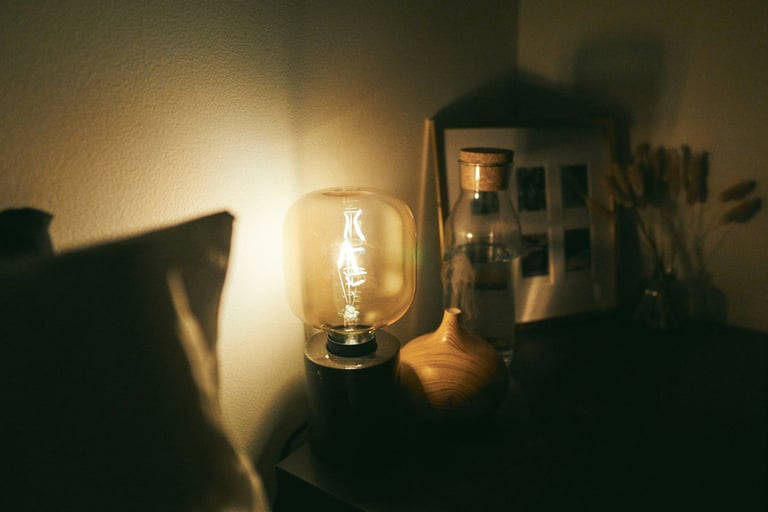

4. Design the Ultimate Sleep Cave
Your bedroom environment plays a huge role in how well you sleep. Turn it into a sanctuary designed for rest.
Make it Your Sanctuary: A neat, quiet, and clutter-free room helps create a calm mind. Your bedroom should be a getaway from the stress of the day. If possible, move TVs, computers, and any work or office setups out of the room to help your brain associate your bed only with rest.
Go Dark and Quiet: Here’s why this is so important: your body can absorb light energy even while you sleep. Light during sleep can disrupt your body’s natural circadian rhythms and alter your mood, physical strength, digestion, and key hormones like melatonin. Use thick "blackout" curtains or an eye mask to block out all light. To minimize noise, you can use a fan for white noise or wear earplugs.
Keep It Cool: A cooler room temperature is linked to better sleep. The ideal range is between 60°F and 67°F.
Try Calming Scents: Certain scents can help create a relaxing atmosphere. Try using a diffuser, lotion, or pillow spray with scents like lavender, vanilla, or jasmine.
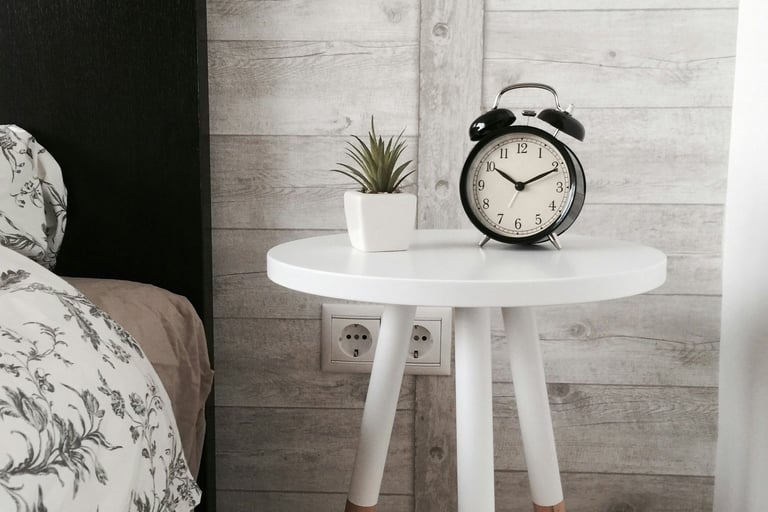

Conclusion: Start Small, Win Big
You don't have to change everything all at once. The key is to start small. Pick just one or two new habits from this guide to try this week. Once those feel easy, you can add another. By making small, consistent changes, you can level up your sleep and start feeling more awesome every day.
👉 To learn more about my Health Coaching Program, Click here to book your free discovery call.
